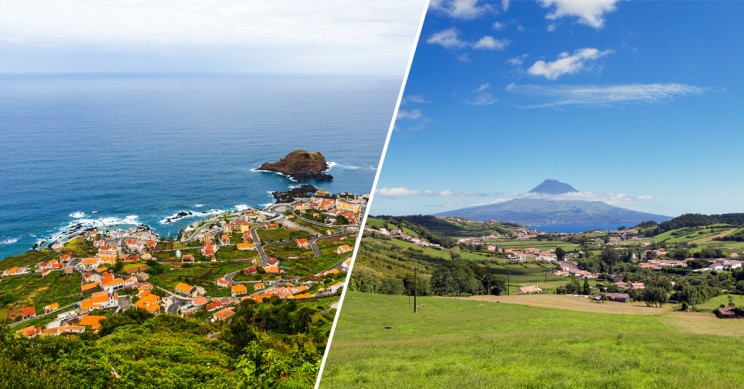
Many of the measures announced to tackle the effects of the coronavirus in Portugal only apply to the mainland or hve different conditions in Portugal's islands. The governments of the Portuguese archipelagos are now in the process of launching several housing support programmes to combat the negative effects of the COVID-19 pandemic. The government of the Azores, for example, recently presented the "+Habitação" programme, which aims to transform local housing units into long-term leases with affordable rent, a similar scheme to the one being implemented in Porto and Lisbon, as well as other municipalities in the country. In Madeira, the executive has announced that it will allocate 430 million euros to ensure "decent housing" on the island by 2030.
Affordable rent in the Azores
The +Habitação Programme in the Azores aims to "increase the public supply of affordable housing for families, converting registered properties into local accommodation for long-term leases," said the Secretary for Social Solidarity, Andreia Cardoso, at the presentation of the programme, as reported by the Portuguese news agency Lusa. The programme provides for families in need in order to allocate "a maximum of 30 percent of their income to rent".
The region foresees the signing of rental contracts for housing purposes with the owners, and the "entire responsibility" of the regional government is to "select" the sub-tenants. The price of the maximum monthly rent paid by the Regional Government to the owners will be the lower of two criteria: the typology and geographical area; or the area and "quality" of the property.
In the case of a family with a gross monthly income of 900 euros, for a T2 dwelling in Rosário, they may pay rent of 244.99 euros. In this example, the Regional Government would pay 399.40 euros of rent to the owner of the accommodation.
Andreia Cardoso also pointed out that, taking into account the "sudden reduction in the amount of local accommodation on the market", another consequence of the COVID-19 pandemic, the programme will also serve to "boost the rental market", ensuring a "fixed and secure income for local accommodation owners who wish to join the programme", which should be in force by the end of the year.
Madeira: 430 million euros for housing by 2030
The Madeiran government has drawn up an ambitious plan to support housing on the island. In 10 years, according to the news reported by Público, Madeira wants to meet all the archipelago's housing needs. The strategy is based on four vectors, namely building, acquiring, rehabilitating and upgrading.
The Regional Housing Strategy (ERH) will therefore, according to the regional secretary for Social Inclusion and Citizenship, Augusta Aguiar, be a fundamental tool in the regional government's objective. "It is difficult to achieve, but not impossible, to ensure decent housing for all", said the Secretary General while presenting the plan.
This scheme is said to be a combination of the various local and national strategies already in place, identifying the specific housing needs of the autonomous region. Among several things, the strategy also contemplates the contracting of leases in the private market for social subletting, transitional support in the payment of rent for families affected by unemployment and the creation of support complementary to national programmes.